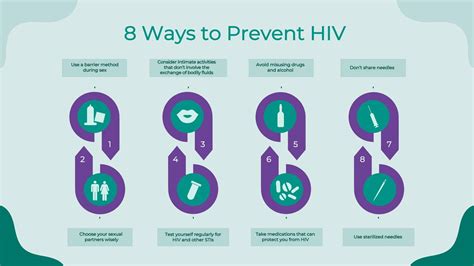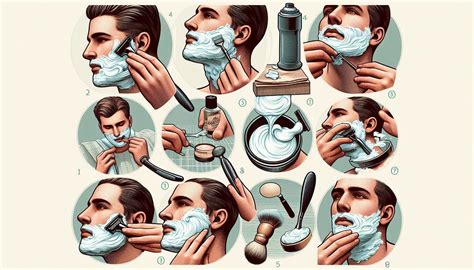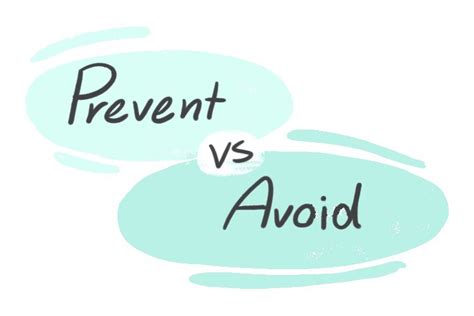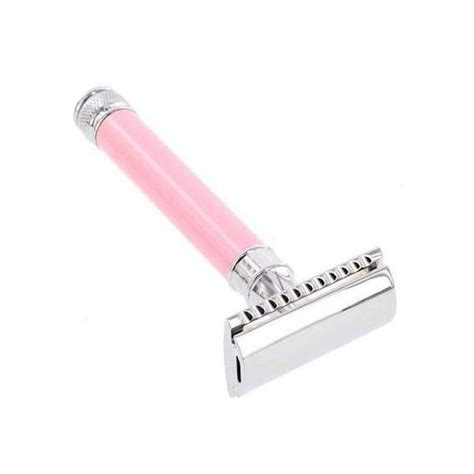How to prevent razor burn & ingrowns for peak performance grooming?

Achieve Flawless Skin: The Ultimate Guide to Preventing Shaving Irritation
For many, the act of shaving is a daily ritual, yet it often comes with the unwelcome side effects of razor burn and ingrown hairs. These common grooming woes can undermine confidence and lead to discomfort. Achieving peak performance grooming means not just a close shave, but a consistently smooth, irritation-free complexion. This comprehensive guide will walk you through the essential steps and techniques to banish razor burn and ingrowns for good, transforming your shaving experience into a pleasure rather than a pain.

Understanding Your Opponents: Razor Burn and Ingrown Hairs
Before we dive into prevention, let’s quickly understand what we’re up against. Razor burn manifests as redness, irritation, and stinging that occurs immediately after shaving, often caused by dull blades, dry shaving, or excessive pressure. Ingrown hairs, on the other hand, develop when a shaved hair curls back into the skin or grows sideways into the follicle instead of growing out, leading to red, itchy bumps that can sometimes become infected. Both are preventable with the right approach.
Preparation is Paramount: Setting the Stage for a Perfect Shave
A successful shave begins long before the blade touches your skin. Proper preparation softens the hair and opens the pores, drastically reducing the risk of irritation.
- Exfoliate Gently: 1-2 times a week, use a mild facial scrub to remove dead skin cells. This helps to free any hairs that might be trapped and allows for a smoother blade glide.
- Warm Water & Steam: Shave after a hot shower or apply a warm, damp towel to your face for a few minutes. Heat and steam soften your hair follicles, making the hair easier to cut.
- Pre-Shave Oil: A thin layer of pre-shave oil creates a protective barrier between your skin and the blade, improving glide and reducing friction.

The Art of the Shave: Techniques for a Smooth Finish
Your shaving technique is crucial for preventing irritation. Slow down and be mindful of each stroke.
- Use a Sharp Blade: This is non-negotiable. A dull blade tugs at hair, causing irritation. Replace your cartridge or double-edge blade every 5-7 shaves, or sooner if you feel resistance.
- Lather Up Liberally: Use a high-quality shaving cream or gel that creates a rich, cushioning lather. Apply it generously and let it sit for a minute or two to further soften the whiskers.
- Shave With the Grain: For most men, this means shaving downwards on the face and neck. Shaving against the grain provides a closer shave but significantly increases the risk of razor burn and ingrowns, especially for sensitive skin.
- Light, Short Strokes: Let the razor do the work. Apply minimal pressure and use short, controlled strokes. Rinsing the blade frequently under warm water prevents clogging.
- Avoid Re-Stroking: Going over the same area multiple times dries out the skin and can cause irritation. If you missed a spot, re-lather before going back over it.

Post-Shave Perfection: Soothing and Protecting Your Skin
The steps you take immediately after shaving are just as important as the preparation.
- Rinse with Cold Water: A final rinse with cold water helps to close pores and soothe the skin.
- Apply an Alcohol-Free Aftershave Balm: Avoid alcohol-based products, which can dry out and irritate your skin. Opt for a soothing, hydrating balm that contains ingredients like aloe vera, witch hazel, or chamomile.
- Moisturize Daily: Keeping your skin hydrated is key to its overall health and resilience. A good moisturizer helps prevent dryness and flakiness, which can exacerbate ingrown hairs.

Combatting Stubborn Ingrown Hairs
If despite your best efforts, you still experience ingrown hairs, there are additional strategies you can employ:
- Continued Exfoliation: Regular, gentle exfoliation remains your best defense. Consider products with salicylic or glycolic acid to help keep pores clear.
- Targeted Treatments: Over-the-counter ingrown hair treatments often contain mild acids to encourage the hair to grow outwards. Apply these carefully as directed.
- Avoid Picking: It can be tempting, but picking at ingrown hairs can lead to infection and scarring. If an ingrown hair is stubborn, a warm compress can sometimes help it release.
- Consider Your Razor: For very prone individuals, switching to a single-blade safety razor or an electric shaver might reduce instances of ingrowns.

Razor Maintenance: The Unsung Hero
Proper care of your shaving tools contributes significantly to a better shave and prolongs their life.
- Rinse Thoroughly: After each shave, rinse your razor thoroughly to remove all hair and product residue.
- Air Dry: Store your razor in a way that allows it to air dry completely to prevent bacterial growth and blade dulling.
- Replace Blades Regularly: As mentioned, dull blades are a primary cause of irritation. Don’t try to stretch the life of a blade past its prime.
Embrace the Smooth: Your Path to Peak Performance Grooming
Preventing razor burn and ingrown hairs isn’t about magic; it’s about consistency and adopting a thoughtful, respectful approach to your skin and shaving ritual. By investing in proper preparation, refining your technique, and committing to diligent post-shave care, you can transform your grooming experience. Say goodbye to redness and bumps, and hello to consistently smooth, healthy skin, reflecting a truly peak performance grooming routine.








